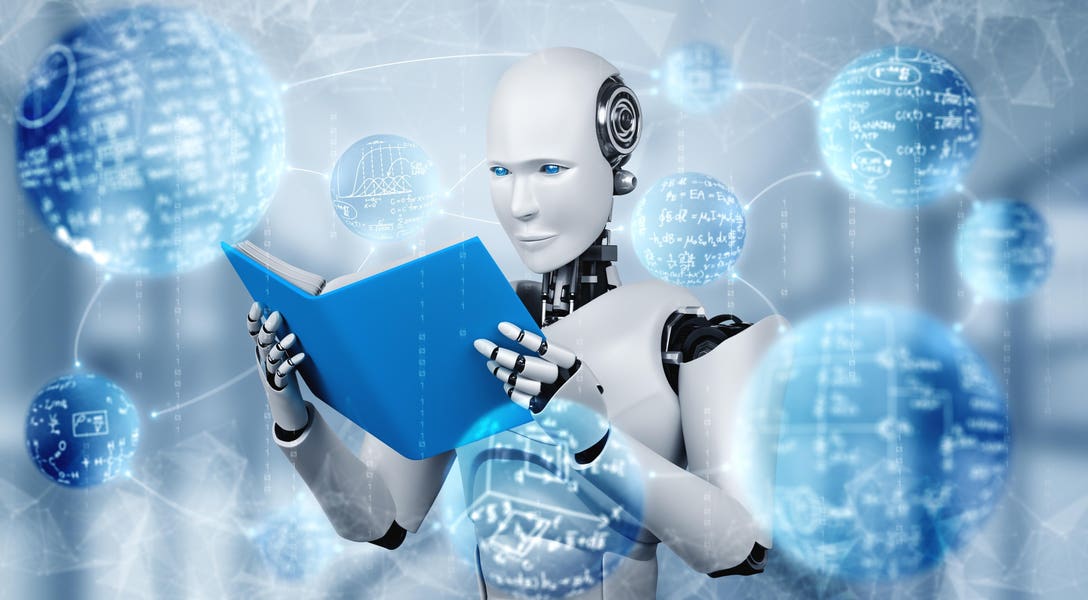In the midst of a contentious national discourse on the appropriate, ethical, responsible, and transparent use of artificial intelligence (AI), high school seniors are currently engrossed in finalizing their college admission applications. As they submit their applications, a veil of uncertainty shrouds the inner workings of the admission office’s decision-making “black box.”
The current conundrum is more intricate than ever, leaving many individuals uncertain about whether their fate lies in the hands of machines or humans. The pivotal question at hand is not whether AI will be integrated into admission practices, as it has been utilized by admission managers even before the upcoming ChatGPT advancements. Rather, the focus shifts to the extent and manner in which these systems will be deployed.
The Crux of the Matter
Numerous articles have surfaced discussing students leveraging AI to craft college essays, with recent attention shifting towards how colleges will leverage ChatGPT and similar tools. Taylor Swaak’s exploration in The Chronicle of Higher Education delves into the role of AI in recruitment, predictive modeling, application screening, and evaluation, along with its potential to streamline administrative tasks. While institutions are cautiously embracing these solutions, the landscape remains uncertain.
Inside Higher Ed’s Liam Knox reported on a study by Intelligent, an online education publication catering to college applicants. The study revealed that a significant proportion of educational institutions are adopting AI, with projections indicating that 82% will be utilizing AI by 2024, with half of admissions departments already employing AI. These institutions are deploying AI across various functions, from scanning records and recommendations to verifying the authenticity of essays.
However, it’s crucial to note that the study’s sample size was limited to 399 respondents, with 20% not being college admissions officers. This led to skepticism among admission officials regarding the study’s findings. Andy Borst, from the University of Georgia, refuted claims that AI is autonomously reading and evaluating application files. While AI aids in organizing and standardizing enrollment data, it is not poised to replace the human touch in the admissions process.
Peering Behind the Curtain
Engage in a conversation with any college admissions officer, and they will emphasize that the process is inherently human-driven, aiming to dispel the notion that decisions are solely data-centric and objective. The admissions process is a human endeavor, marked by nuanced decision-making and subjective evaluations. Admission reviewers consider a myriad of factors beyond grades and test scores, such as essays, interviews, recommendations, and contextual background. The holistic evaluation of applications is guided by the institution’s values and vision, making it a distinctly human-centric process.
As college application numbers surge while overall enrollment declines, admissions offices grapple with understaffing and heightened workload pressures. To address these challenges, institutions are turning to part-time reviewers to manage the influx of applications. While this approach seeks to enhance efficiency, questions arise regarding its efficacy and financial sustainability. Could an artificial admissions officer be the panacea for overwhelmed admission managers?
Forecasting the Future
The emergence of AI-powered admissions officers may be closer than anticipated, as evidenced by a recent study published in Science Advances. Researchers from the Universities of Colorado-Boulder and Pennsylvania explored the use of AI in evaluating applicants’ personal attributes for college admissions. The study underscored the potential of AI in assessing personal qualities, emphasizing the need for cautious optimism.
The study’s findings highlighted the efficacy of AI in replicating human assessments of candidates’ attributes and predicting graduation outcomes. By leveraging supervised machine learning, researchers fine-tuned AI models to evaluate personal qualities in student narratives accurately. The AI model, RoBERTa (Robustly Optimized BERT Approach), demonstrated the ability to assess candidates’ personal qualities with precision, mirroring human evaluators’ judgments.
As institutions navigate the integration of AI into admissions processes, stakeholders express a spectrum of perspectives. While some harbor concerns about the impact of AI on the admissions landscape, others view AI as a tool to enhance efficiency and objectivity. The debate centers on striking a balance between leveraging AI’s capabilities while upholding the human-centric values of the admissions process.
Embracing the Future
In conclusion, as the realm of college admissions evolves, the role of AI in decision-making processes continues to spark debate and reflection. While AI offers the potential for efficiency and precision, its integration must be approached thoughtfully to preserve the human touch in admissions. By leveraging AI as a complement to human judgment, institutions can navigate the complexities of modern admissions while upholding fairness and transparency in the selection process.






